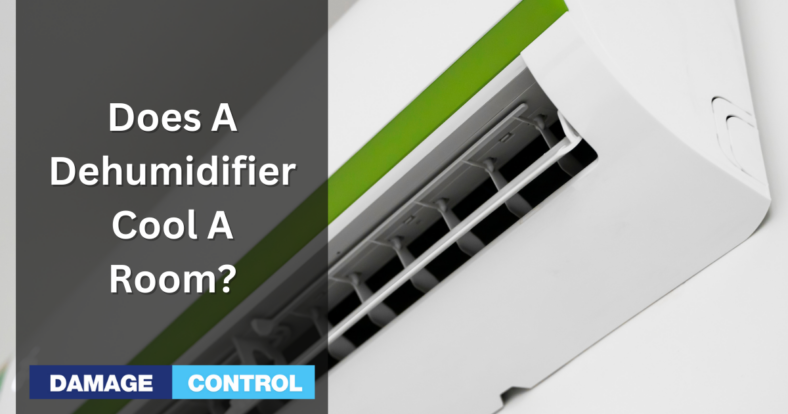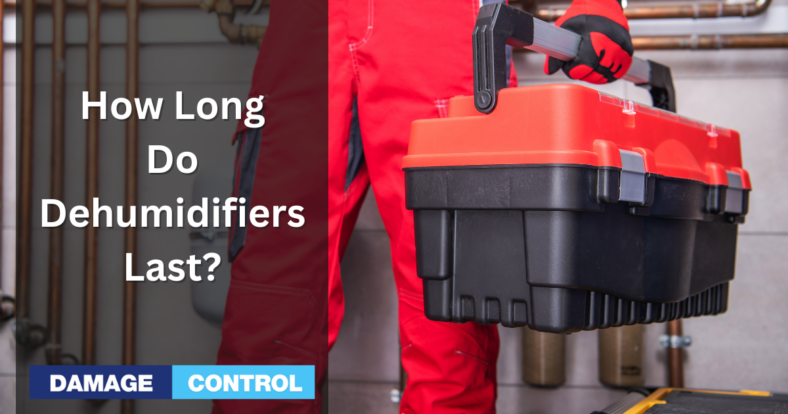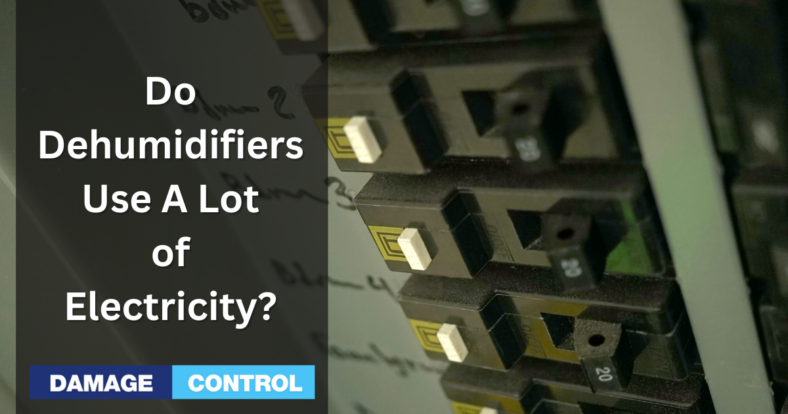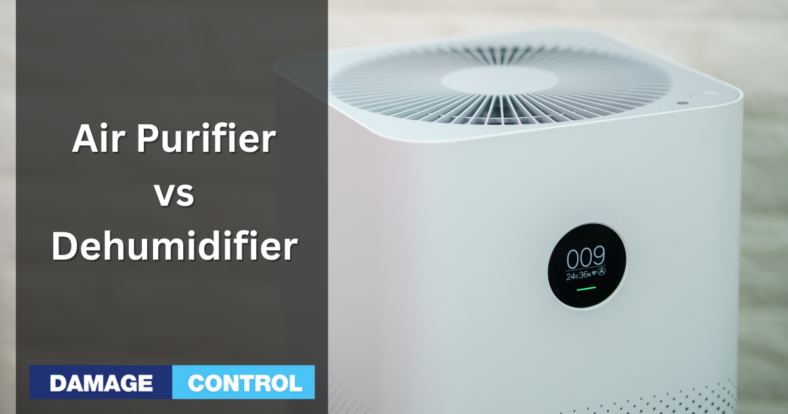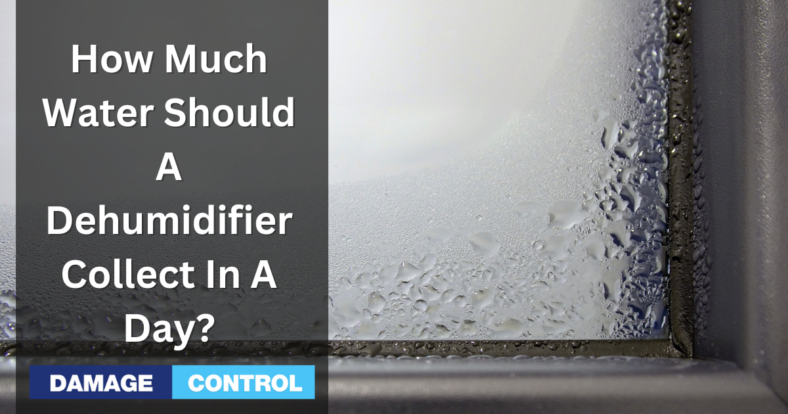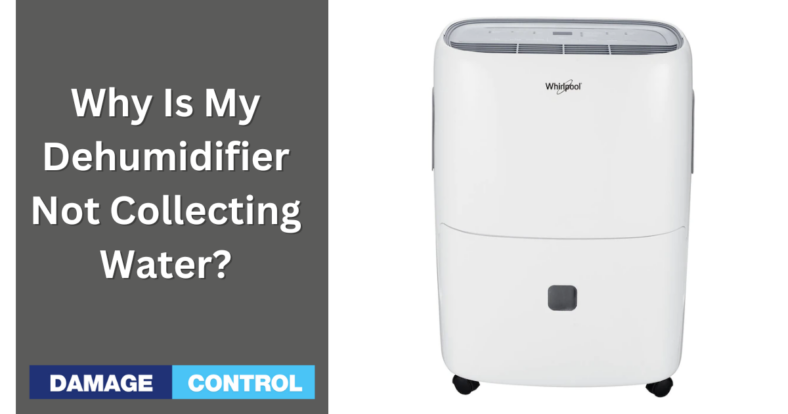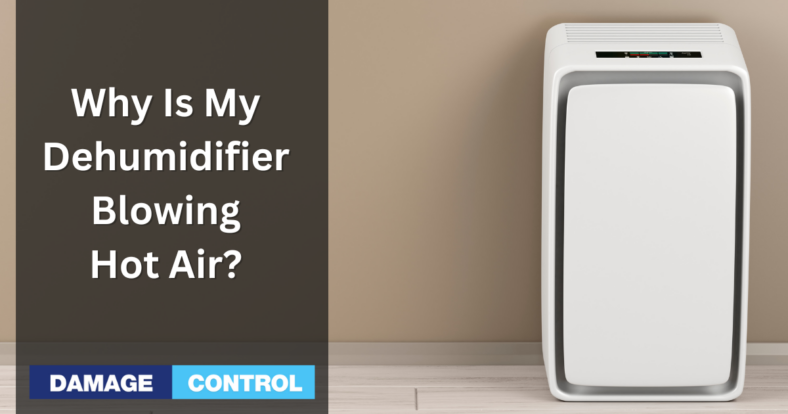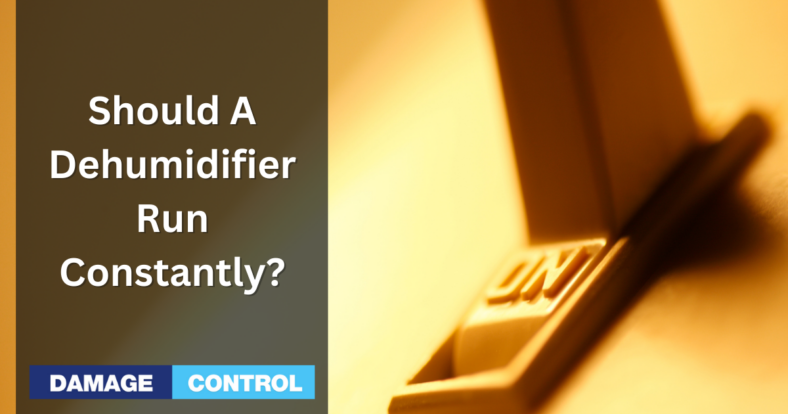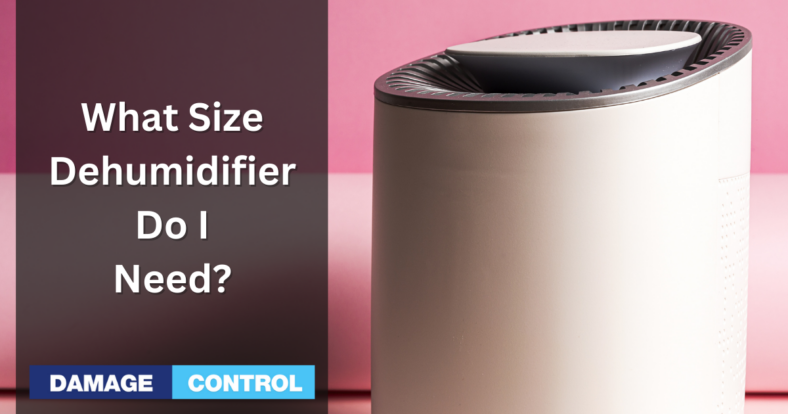How Long Do Dehumidifiers Last? Unraveling the Mystery of Dehumidifier Lifespan
It is of significant interest to anyone who relies on dehumidifiers to maintain a comfortable and healthy indoor humidity level. Dehumidifiers can last three to eight years if well-maintained, but the range varies depending on several factors.
For a dehumidifier to last, it must be maintained well, have good quality, and be used frequently. More expensive models tend to last longer because of their robust construction and advanced features. Dehumidifiers can fail prematurely even if properly maintained and cared for.
Will a Dehumidifier Get Rid of Musty Smell?
Musty smells in homes, often caused by high humidity and mold or mildew growth, can be partially combated with a dehumidifier. This device lowers humidity, making the environment less favorable for fungi and reducing musty odors.
Dehumidifiers may not be enough to remove all odors, particularly mold and mildew. In addition to its size, regular maintenance affects its effectiveness. Clean with appropriate agents to remove existing fungi and address underlying issues like leaks and poor ventilation.
Do Dehumidifiers Use a Lot of Electricity
Dehumidifiers do use electricity, and their running cost depends on factors like size, efficiency, and local electricity rates. While they consume power, they are not typically major energy drains.
The cost to operate a dehumidifier varies. Larger, less efficient models may cost more to run, whereas smaller, energy-efficient units are generally cheaper to operate. Checking the power consumption ratings and comparing them with local electricity prices can give a clearer idea of the costs involved.
Air Purifiers vs Dehumidifiers: What’s The Difference Between The Two?
To improve the air quality in your home, you need to understand its specific needs. Both air purifiers and dehumidifiers contribute to a healthy living environment. Pollutants and allergens are filtered out by air purifiers, making them ideal for urban areas and allergy sufferers. Conversely, dehumidifiers deal with excess humidity, preventing mold growth and creating a comfortable environment.
This guide explains the functionalities and benefits of each, helping you make an informed decision based on your home’s needs. Knowing how air purifiers and dehumidifiers work will help you create a healthier, more comfortable living space.
How Much Water Should a Dehumidifier Collect in A Day?
The amount of water a dehumidifier collects in a day varies widely based on factors like the unit’s capacity, the size of the space, and the level of humidity. Generally, in moderately humid conditions, a standard residential dehumidifier can collect between 10 to 20 liters of water per day.
However, in very damp conditions, this amount can be higher. It’s important to choose a dehumidifier with a suitable capacity for the space and humidity level to ensure effective moisture removal.
Why Is My Dehumidifier Not Collecting Water? Troubleshooting Guide
If your dehumidifier isn’t collecting water, it could be due to various reasons such as incorrect settings, a full water tank, clogged filters, or a malfunctioning component. First, ensure the device is set to the correct humidity level and the tank isn’t full. Regularly clean or replace the filters to prevent blockages.
If these steps don’t resolve the issue, the dehumidifier might have a faulty part like a broken humidistat or compressor, requiring professional repair or replacement. Regular maintenance can help prevent many common problems.
Why Is My Dehumidifier Blowing Hot Air?
It can seem counterintuitive when your dehumidifier blows hot air. The mechanics behind this are crucial. A dehumidifier draws in humid air, removes moisture, and then releases it—warmer air results from this dehumidification mechanism.
When the dehumidifier removes moisture from the air, it generates heat expelled from the dried air. This is the way most dehumidifiers work, especially refrigerant models. The dehumidifier may heat the room more than usual if the air it expelled is significantly hotter than expected.
Should A Dehumidifier Run Constantly? – Facts, Fiction and Tips
A dehumidifier should not run constantly. Continuous operation can lead to excessive energy use and wear on the unit. It’s best to use a dehumidifier with a humidistat that turns off the device when it reaches the desired humidity level. This ensures balanced humidity without overworking the machine.
Regular breaks also prolong the dehumidifier’s lifespan and reduce energy costs. For optimal results, position the dehumidifier in the right spot, maintain it regularly, and adjust settings according to seasonal changes and specific needs of the space.
What Size Dehumidifier Do I Need?
Choosing the right size dehumidifier depends on the area of the space and its humidity level. For small, moderately damp rooms, a dehumidifier with a capacity of around 10-25 pints per day is sufficient. Larger spaces or areas with higher humidity might require units capable of removing 30-70 pints daily.
To determine the best fit, measure the square footage of the room and assess the moisture level, then consult a size chart or seek expert advice. It’s important to select a unit that efficiently manages humidity without being over or underpowered for the space.

